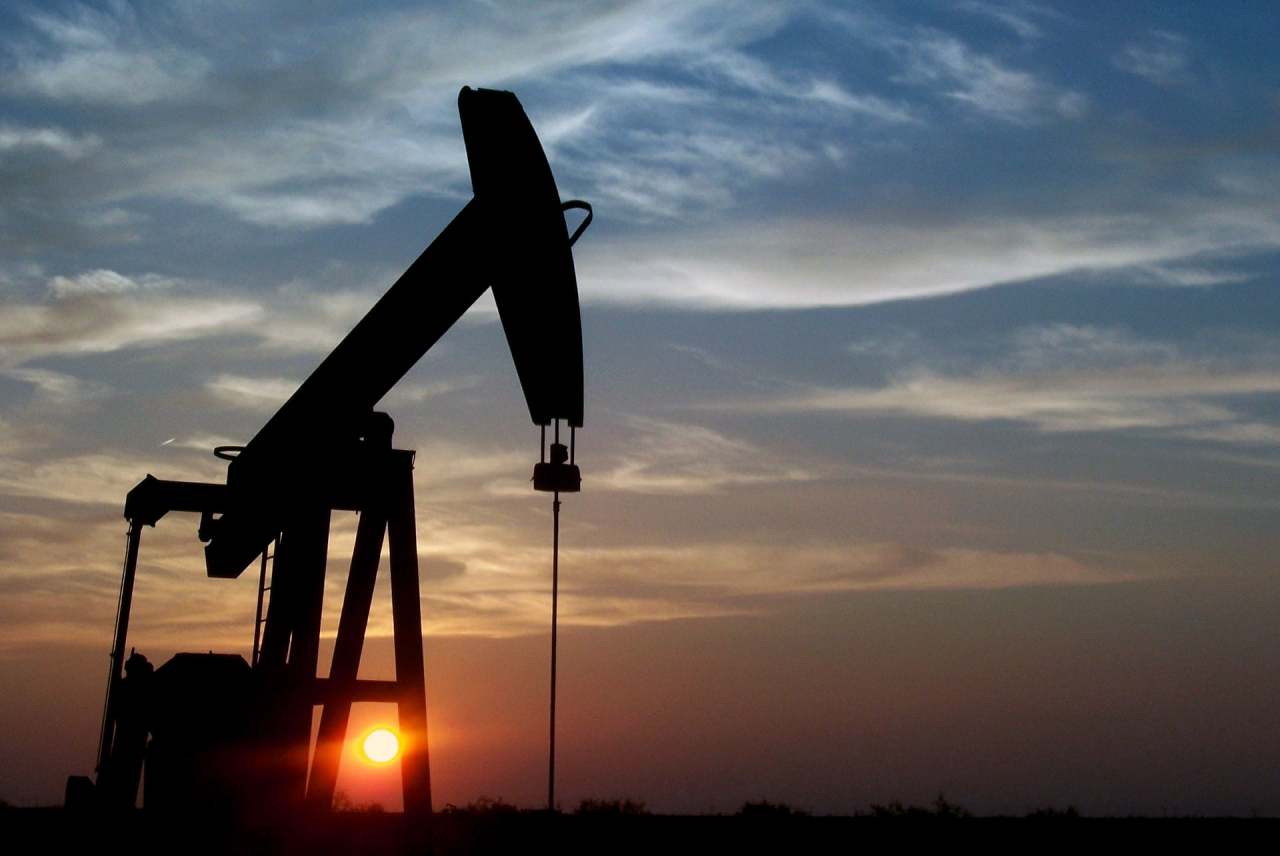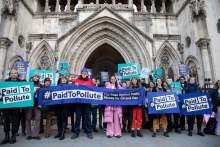Ongoing oil and gas exploration
The decision to move Shell Energy customers to 100% renewable tariffs does appear to be part of wider goals. Last year, Shell announced plans to cut its emissions by half by 2050. Yet, these decisions fall far short of a necessity for a company that still has 99% of its business in fossil fuels.
Under its new timeline, Shell would only achieve carbon neutrality by 2070 – far too late to limit global warming to the 1.5 degrees the UN is now saying will be necessary if we are to avoid catastrophic damage.
Meanwhile, it continues to search for new sources of fossil fuel. According to Shell’s UK website, “We are committed to playing our part in finding the remaining 15-24 billion barrels of oil equivalent estimated still to be in the North Sea”.
This is without even beginning to address its historic emissions.
Leaked documents show that Shell privately predicted the impact that its actions could have as early as the 1980s. Its analysts warned of unmanageable CO2 emissions, sea-level rise, and “disappearance of specific ecosystems or habitat destruction”. Internal reports said that air temperature rises could “drastically change the way people live and work.”
The same documents laid the burden of change on policymakers and consumers. Yet, Shell lied to the public and lobbied against necessary change. It was involved in the formation of climate denial groups, and it continues to lobby against much-needed climate policies to this day.
Appalling human rights record
Its ongoing commitment to fossil fuels is not the only threat that Shell has posed in terms of human rights.
The company faces multiple ongoing lawsuits for its role in Nigeria and other areas. In the 1980s and 1990s, it came to light that Shell’s activities were seriously damaging the Niger Delta and other regions.
The land became un-farmable and local drinking water supplies unusable following oil blowouts, spillages, oil slicks and other pollution. “It was clear to me,” Shell’s ex-head of environmental studies confirmed in 1996, “that Shell was devastating the area.”
Yet, when the local Ogoni people protested, the Nigerian government responded with lethal crackdowns, encouraged by Shell. “Despite knowing serious human rights violations were almost inevitable,” according to Amnesty International, “Shell asked for the intervention of the Nigerian security and military forces.” In 1990, 80 peaceful protesters were killed.
In 1993, nine campaign leaders were imprisoned, tortured and eventually executed by the Nigerian State. Throughout the period, Shell continued to discuss solutions to the “Ogoni problem” with the government that was imposing the crackdown.
Many of these victims remain without redress.
Shell Energy is the lowest scoring company in our guide to gas and electricity suppliers, because of its appalling and ongoing record across all of our categories.
But it’s 100% renewable
In fact, Shell Energy’s switch to renewables does not mark any actual change in the composition of energy reaching UK households. Rather than drawing directly from renewable sources, the energy is only ‘100% renewable’ by virtue of the fact that it has purchased offsetting certificates known as REGOs.
Although this is standard practice for many in the energy industry, the greenest companies will either directly generate the renewable energy needed or buy direct from the renewable energy supplier. These options provide some support for renewables, which will hopefully encourage more building. Shell Energy is doing neither.
There is an argument that a renewable tariff is always better. But it is Good Energy or Ecotricity, the best buys in our Gas and Electricity suppliers guide, that are driving more fundamental change. Shell’s tariff is “renewable” only in the most marginal sense.
The lowest scoring company in the guide
The acquisition means that First Utility’s ethiscore plummets from 11 to 3.
The buyout and rebrand, therefore, provides a good example of why considering a company’s approach as a whole is key: Shell Energy may be touting renewables for the British public, but it remains part of the largest oil company and the fourth biggest polluter in the world.





